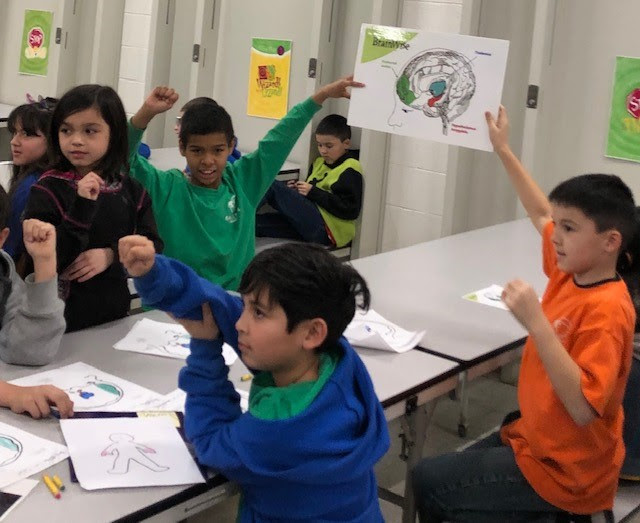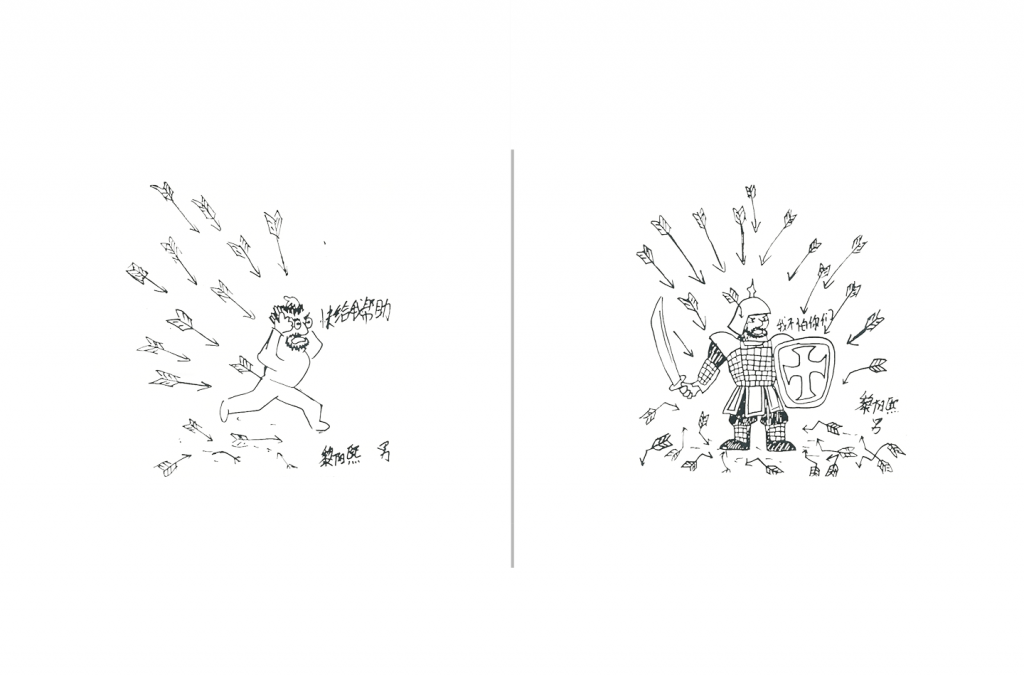Stop and Think about Children’s Emotional Needs
Posted On: January 5, 2021

“What Shall We Do About the Children After the Pandemic?” asks Teresa Thayer Snyder, Ph.D, retired superintendent of the Voorheesville district in upstate New York. She responds with an essay, posted on her blog[1], that emphasizes the importance of taking the child’s point of view.[2] She recognizes that teachers are under pressure to make up for lost time and improve academic performance, but she advocates for making children’s emotional needs a priority.
As educators and health professionals, we know that the pandemic has exacerbated existing adverse situations for students and created a new cohort of children facing food scarcity, utility shut-offs, evictions, homelessness, and the loss or death of family members and pets. The children are also experiencing/witnessing increased incidents of family violence, substance abuse, and mental health issues.
Dr. Snyder says that “Children will be returning with emotional experiences, and we need to help them access resources. Our job is to welcome them back…and greet them with stories and books that will help them make sense of an upside-down world. They need to be given as many tools as we can provide to nurture resilience and help them adjust to a post pandemic world.”
BrainWise is such a tool. Teaching children and families about using the Wizard Brain over the Lizard Brain lays a conceptual foundation that helps even kindergartners understand that they may not be able to control problems, but they can control how they react to them.
Children learn to process problems by applying BrainWise CPR — first response skills that help them use their Wizard Brain over their Lizard Brain. They learn how to Control, Process, and Respond to problems using 10 Wise Ways, skills that help them stop and think. Without CPR, they use their Lizard Brain and react without thinking.[3]
CONTROL
PROCESS
RESPOND
The 10 Wise Ways – building a constellation of support, recognizing red flag warnings, managing their emotions, separating fact from opinion, asking questions, identifying choices, considering consequences, setting goals, and responding effectively – are reinforced with practice. Past newsletters have provided links to worksheets for the 10 Wise Ways (Issues 49, 50, 51, and 53.)
Reinforcement is critical, and children learn to apply the Wise Ways to problems faced by characters in stories, animations, movies, and current events as well as to themselves. This awareness and practice helps them learn to apply Wizard Brain thinking to their own situations. “BrainWise makes you feel smart,” proclaimed a young graduate. The program’s universal application is shown by a drawing made by a teenager in Kunming, China. Everyone has problems, but BrainWise skills help you deflect them.
|
|
|
4th Grade BrainWise Class
“BrainWise Makes You Feel Smart”
|
|
|
|
|
Chinese Teenager’s Drawing
“BrainWise Helps Protect You“
|
|
[2]Point of View (POV) is taught in Wise Way #10.
[3] Lizard Brain survival reactions help us when we are in danger (pulling finger from a hot pot, spitting out rancid food, jumping out of the way) but cause harm when we lose our tempers, seek revenge, refuse help, and other behaviors that hurt us. Click here for a copy of BrainWise CPR Harmful/Helpful Reactions worksheet.
|
|
As I write this, we are several months into the pandemic. Vaccines will soon be available, logistics for dispersing them are in progress, and hopes are high that schools will be reopened. I agree with Dr. Snyder that the emotional needs of children are a priority. She reminds us, “when children return to school, they will have returned with a new history that we will need to help them identify and make sense of.” The 10 Wise Ways instill thinking skills for life. Thank you for teaching BrainWise. Peace and joy to you and your loved ones.
|
Take care, stay safe, and thank you for being BrainWise!
Dr. Pat
Please “like” us to help us get the 10 Wise Ways out to more people:
|
|
|
|
|
BrainWise instructors who have purchased BrainWise curricula can receive free interactive BrainWise worksheets by contacting don@brainwise-plc.org. If we don’t have a record of your purchase, please send us a picture of you with your curriculum.
|
|
On a Lighter Note
The following YouTube video presents a talented choir of children singing a beautiful and heartfelt song about memories. It was produced during Covid, and the children are singing from their homes. The voices and sound design are first rate.
|
|
| Maroon 5 – Memories | One Voice Children’s Choir Cover |
|
|
|
|
|
 |
Please follow and like us:















